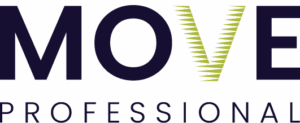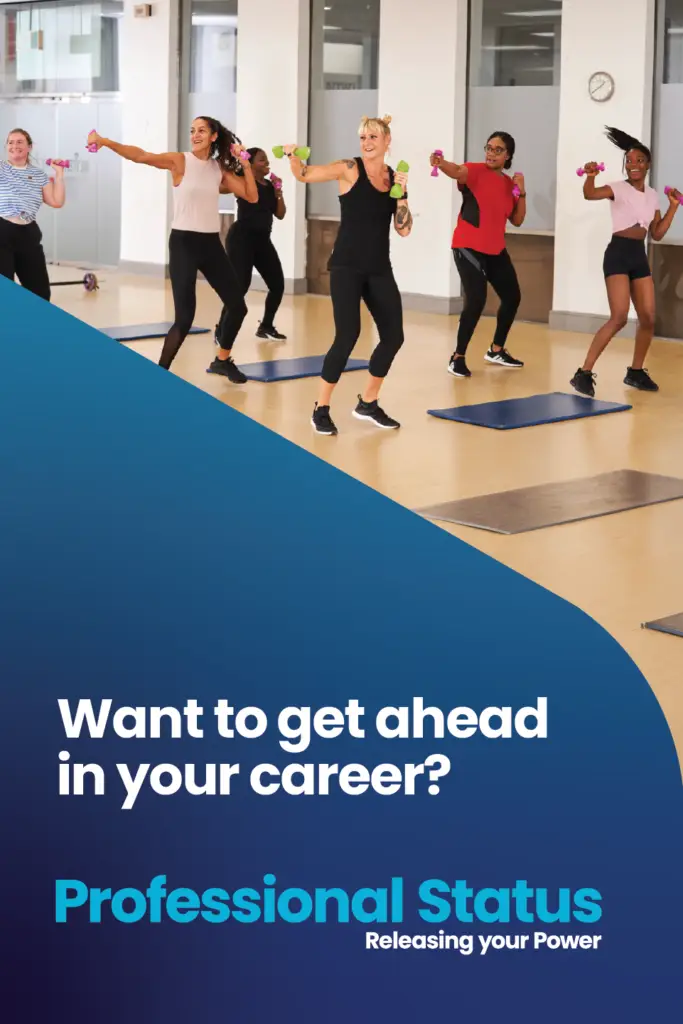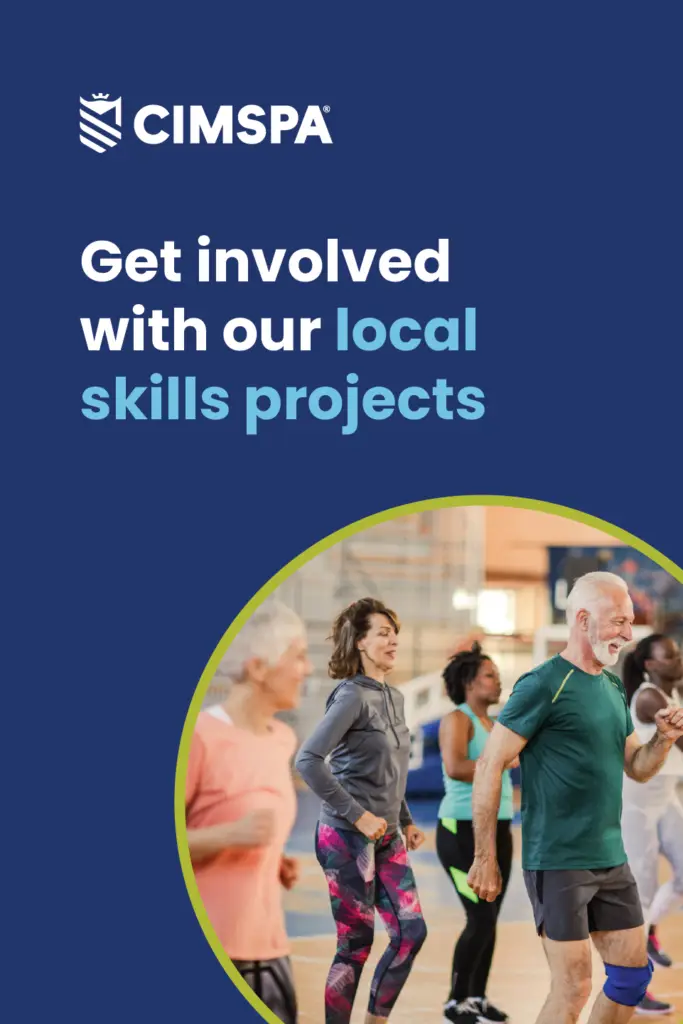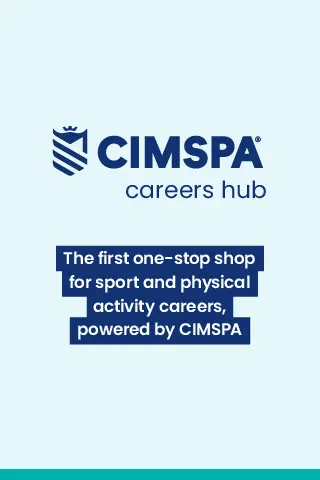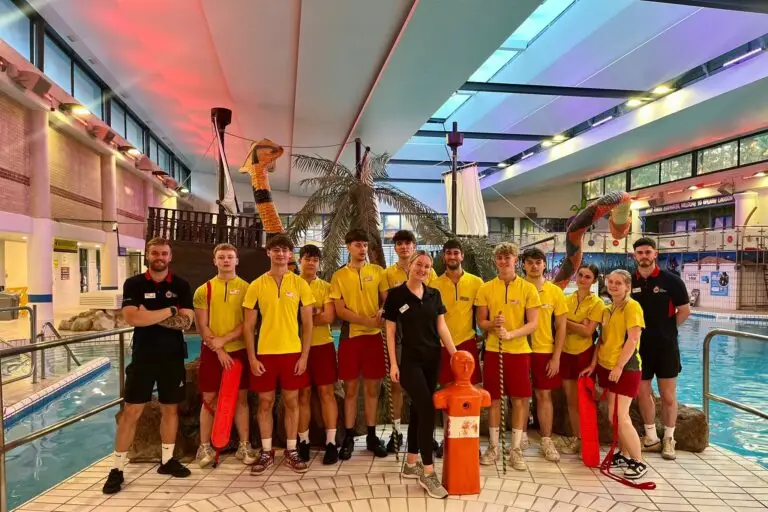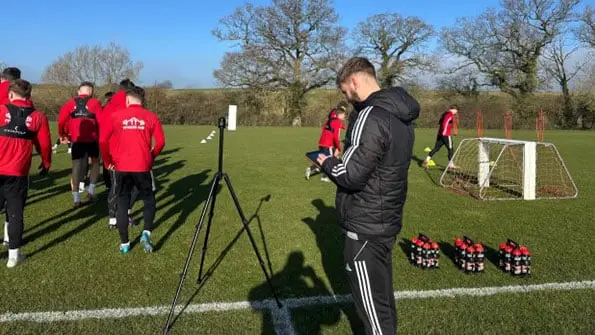Menopause: Why fitness professionals matter more than ever
An interview with Christien Bird, co-founder of Menopause Movement
In the UK, it is estimated that approximately one third of the entire female population is currently perimenopausal or menopausal. So, it’s no surprise that specialist training to support professionals is increasing in demand as the subject becomes less taboo and more women want to tackle their symptoms.
Move Professional spoke to Christien Bird, co-founder and clinical lead at Menopause Movement, to learn more about why aligning women’s health and sport and physical activity is having a such a noticeable impact on clients and participants, and why the sector workforce are key to increasing positive outcomes.
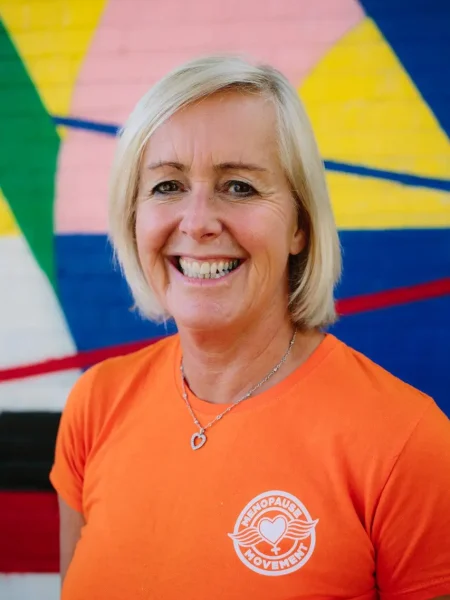
What is the Menopause Movement?
Founded in 2020, Menopause Movement is digital training platform and learning community for health and fitness professionals with a commitment to delivering truthful, impactful and transformative support to empower women navigating menopause. It aims to provide a holistic suite of solutions that address and support women’s medical, psychological and physical wellbeing.
Christien’s many years of experience in clinical practice as a physio, specialising in pelvic health, allowed her to directly see the opportunity to bridge a visible gap between the health and fitness sectors. She aimed to create more credible, evidence-based information and good practice around menopause that could be built into training for professionals, saying:
“So often, we keep our experience and advice between the four walls of the treatment room, but if we don’t work very closely with fitness professionals, we often are wasting our time.
“The course started because we were doing an academic study day for my professional body for pelvic health physios. We put it all online and we got so much interest from other healthcare professionals and fitness professionals.
“Now, about 80% of our members are fitness professionals, ranging from personal trainers and sports coaches to yoga and Pilates teachers”
There was also a very personal element to being involved in the development of the movement, as Christien added:
“When I started researching menopause, I went into perimenopause myself. Even as a pelvic health physio, it kind of took me by surprise. Like most women, I thought it wasn’t going to happen to me. I can guarantee eventually it will happen to all women, so that’s really how it was born.”
Raised awareness
There’s no doubt that the menopause has become far less of a taboo subject to discuss openly over recent years. Christien puts this down to multiple factors, including celebrities, social media and the fact that some nationalities are more likely to open up around the subject of menopause than others, saying:
“A lot of work still needs to be a lot of work still needs to be done, most particularly in terms of research, but women’s health is getting more attention. I think the UK is actually quite exceptional like that. I’m originally from the Netherlands where it’s still not very much talked about, so this is definitely one thing where the UK is leading.
“Often, it’s because a few celebs got on board. I think people like Davina McCall and Kirsty Walk have an effect, and menopause is definitely having a moment, which is good. But it does come with a price to pay on social media.
“At the moment, in our membership group, we get a lot of confused questions about loss of lean muscle mass and accelerated loss of bone density. That confusion is largely generated by social media. We have to talk quite a lot about what actually is fact, what’s fiction, what’s fear-inducing, and dispelling those myths.
“Some influencers take it as an opportunity, and they’re not accurate. But I think the academics have a really hard job to amplify their message. They’re competing for attention. So, for example, women definitely have an accelerated loss of bone density into the menopause, and exercise can reduce that factor, but some social media messaging will be saying they can prevent it. No one can completely prevent bone density loss because it’s multifactorial. There’s a genetic component. Nothing in life is that simple. So, any messaging that’s super simple is probably inaccurate.”
Demand and diversity
Going on to talk about the ever-growing need for specialised training in the sport and physical activity space, Christien has seen demand for courses and membership numbers steadily increase in recent years, including with male professionals. This has also led to marketing challenges for their students and members when trying to reach peri-menopausal or menopausal audiences, adding:
“We only started a couple of years ago and at the moment, we’ve got 1,600 members, so that’s great. We currently have between 50 and 60 male members and they are some of the most active.
“They tell us initially that they find starting the conversation about certain women’s health issues quite difficult and it’s one of the biggest barriers for women into the menopause.
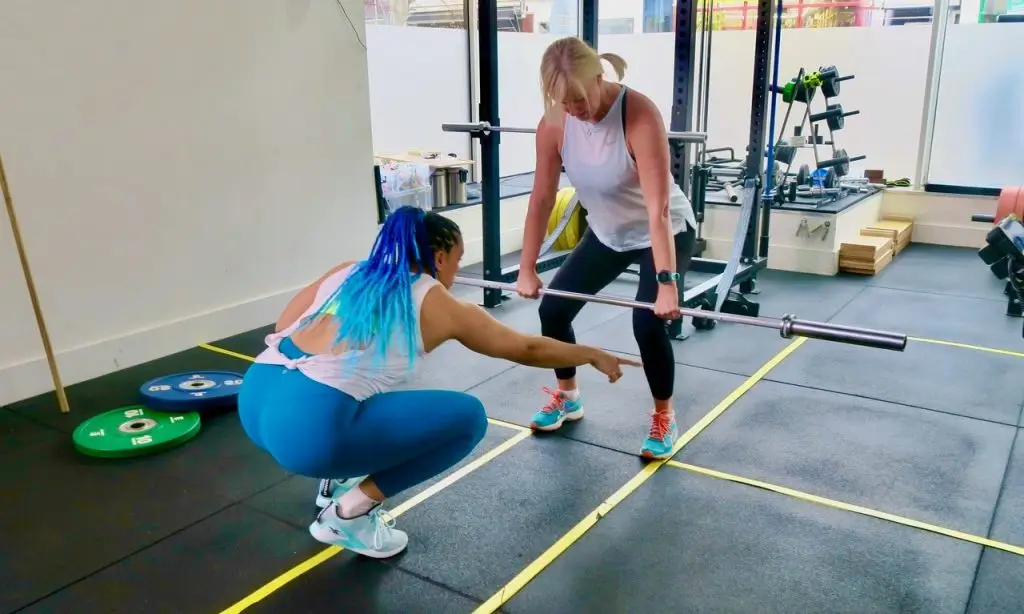
Urinary leakage, prolapse – all those different symptoms, but once they’ve started the conversation, they were surprised by how willing and how happy women are to share with a male as well. It’s knowing how to ask those questions and how to start a conversation, and there are lots of different ways of doing that.
“At the moment we’ve got about 30 million women that are either approaching or experiencing menopause, so purely from a business case point of view, those are the women that you want really. It’s not like other conditions such as postnatal depression; once they’re hooked, they’re with you. They might stay until their dying days. They’re a really good population to work with and have so much potential in terms of support. And women are asking for it.
“We are working with Places Leisure at the moment and they’ve got a very successful programme called ‘Move through Menopause‘ where we trained the trainers. But a lot of our members find the most difficult thing, if they start a group class or any sort of programme for women into the menopause, is what to call it. Because if you mention the word ‘menopause’, it might put a lot of women off. It’s actually very, very difficult to brand a programme smartly to invite people in. If you say the over-50s, often you get the over-80s. But if you use ‘moving’ or ‘power’, those are the sorts of terms that seem to be working.”
Delivery and future projects
In terms of actual available courses and their curriculum, Menopause Movement continue to focus on good quality data, presented in a simple and accessible way, delivered by a range of experts, whilst developing new training that will help to break down the barriers that stand in the way of fitness professionals being able to deliver more targeted and effective support to women, as Christien added:
“We’ve got two courses – one is a foundation course, where we have a team of experts: a dietitian, a nutritionist, a psychologist, a gynaecologist, an exercise physiologist and me as a pelvic health physio. We’ve also now developed an advanced practitioner course, which goes much deeper into sport nutrition and pelvic health. The gynaecologist can talk about the HRT prescription, so we’re able to guide women and give them solid scientific facts without fear.
“At the moment, we are developing what we call a Menopause MOT that we’re hoping to launch at the beginning of next year. It’s an hour’s fitness or health assessment with signposting to other experts as and when, but it’s almost like a clinical or a health fitness package where professionals will have a guideline that will include screening all the right questions. It’s all digitised, so it’s easy to do. It’s really to make people’s lives easier in terms of making assessments. Fitness and strength testing is still part of it because it’s still so important, but at least we’ve got a standardised way that very easily can be delivered in almost any fitness or health arena.
“Obviously, our courses are one thing, but we’re also very much a community and we do webinars, people are constantly asking questions and we do members’ drop-in. So, it’s kind of where the learning starts, but every time when there is a new research article out, we drop it into our community. There will be continued learning as well, and things that are always changing.”
A joined-up approach, prioritising lifestyle support and removing barriers
So, what is Christien’s advice to sport and physical activity professionals looking to specialise and support perimenopausal and menopausal women in this space? There’s not one definitive action or answer to give, but it all begins with a greater understanding of women’s needs and the barriers that are preventing them with engaging with movement. She went on to add:
“From next year onwards, all GPs are going to do menopause screening, and that’s a massive step forward. However, there are still a lot of questions, and I think that’s really where we need to step in and make sure it is not just about pill prescriptions. We’re not for or against HRT. We want all women to understand their options, so they can make their own decisions, and for fitness professionals to put that message across as well. They don’t have to give definite answers.
“Women are looking for more than just medical support. They want lifestyle support as well. We’ve got some lovely studies now that show that 90% of women, if they are advised by a professional, will actually take up exercise, but they can’t just be told to go and do exercise, get strong, and be left to it. Luckily enough, we’ve got plenty of fitness professionals to go around and we want them to feel confident about their delivery.
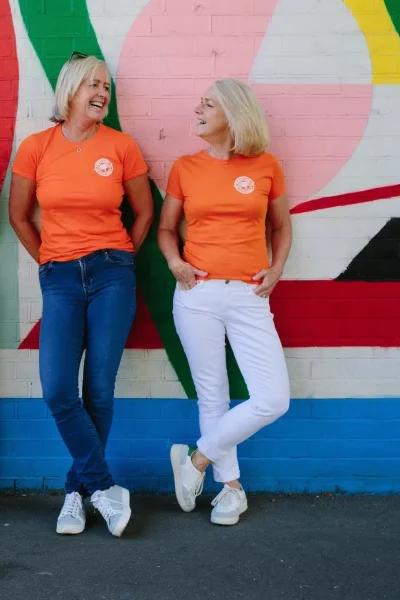
“It’s also about reframing what exercise can be. It doesn’t have to be in the gym. It is true that exercise needs to be challenging. If it’s not challenging, it’s not effective. But actually, for the women who are unfit, it is that first bit of improvement from getting a little bit fitter is where most of the benefit is. So we really want to help that group and remove some of their barriers.
“Move through Menopause has 12 different activities, from spinning, walking, climbing and badminton to mindfulness yoga and Pilates. A recent study also showed that peer-group support is the best way to get women involved as well – creating a safe environment for women where they feel they’re part of it. The feedback to Places Leisure was that many women didn’t want to go swimming because the pool was too busy and there’s obviously body image issues around that, so they picked a time before the schools came out. They didn’t want to go spinning because they thought the saddle was uncomfortable, until they were advised around bringing an affordable pair of cycling shorts or towel. So there are lots of sort of modifications to help women feel more confident and be more active.”
You can learn more about the work and courses that Menopause Movement are delivering on their website.




